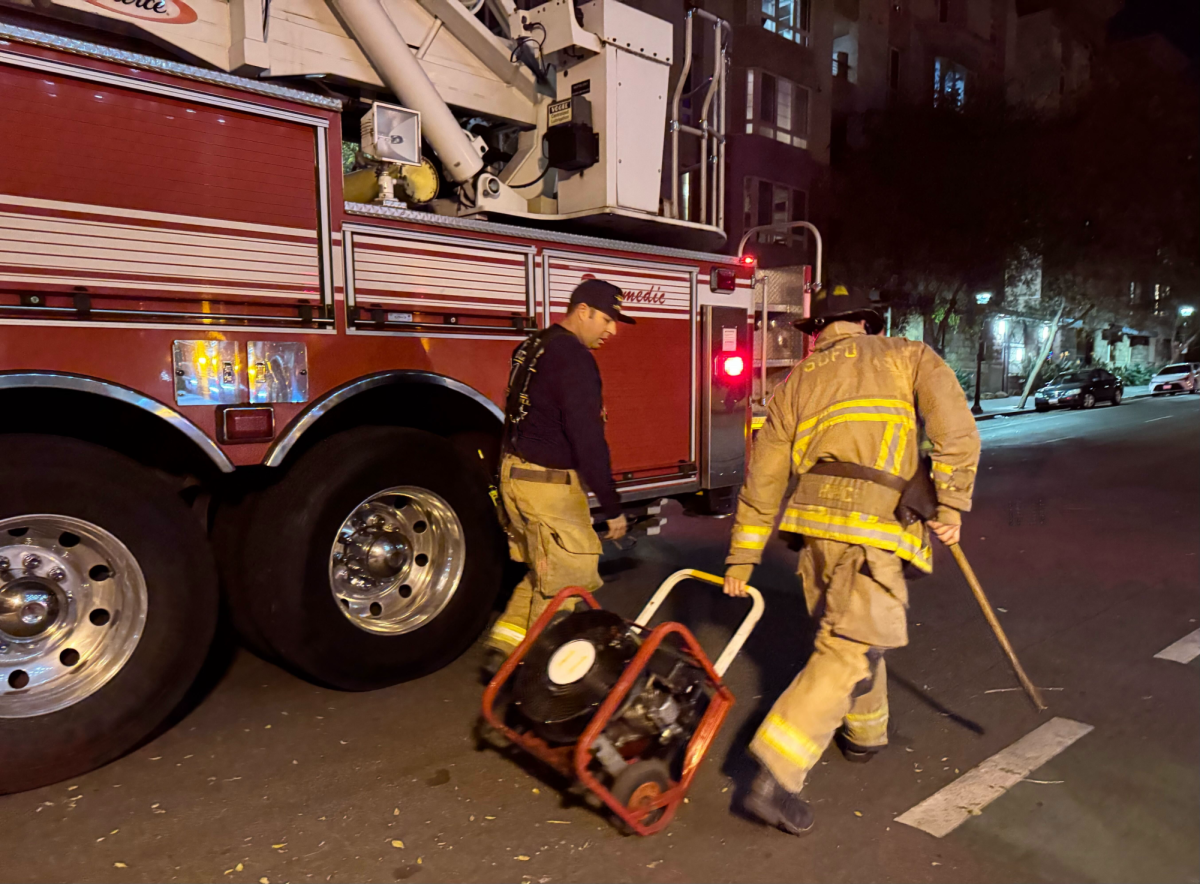City College prepares for this flu season with massive immunization clinics throughout campus; the clinics will offer free swine flu vaccinations, initially to students who fit the “first tier” group.
According to the Centers for Disease Control and Prevention (CDC), the 2009 H1N1, or swine flu, is a new influenza virus that is spreading from person-to-person worldwide.
In April 2009 the first swine flu infected people in the United States were detected; on June 11, 2009, the World Health Organization (WHO) signaled that an H1N1 pandemic was underway.
The CDC reported that the 2009 H1N1 Influenza vaccine will be available by mid to late Oct.
CDC’s Advisory Committee on Immunization Practices (ACIP) recommends that pregnant women, people who live with or care for children under 6 months of age, healthcare and emergency medical personnel, persons between the ages of 6 months and 24-years-old, and people ages 25 through 64-years-old with chronic health disorders receive the H1N1 vaccine.
It is also recommended that those who got the 1976 swine flu vaccine take the 2009 vaccine as well, due to a difference in viruses.
H1N1 symptoms are very similar to those of the common flu: fever over 100 degrees with cough or sore throat, runny or stuffy nose, body aches, headache, chills, fatigue and sometimes diarrhea and vomiting.
“Students should plan ahead and know their professors email and phone number contacts so they can notify a professor if they feel ill. If a student gets sick with flu-like symptoms this flu season, they should stay home and avoid contact with other people except to get medical care.” Dotti Cordell, City College director of student health services, said. “Most people with the flu, including H1N1 have had mild illness and have not needed medical care or antiviral drugs.”
“I’m not with putting unknown things into my body, I’m more of a holistic type person and prefer the natural approach,” Andrea Silva, criminal justice student, said.
The CDC states that vaccines are the most powerful public health tool for control of influenza but also mention illness with the new H1N1 virus has ranged from mild to severe. While most people who have been sick have recovered without needing medical treatment, hospitalizations and deaths from infection with this virus have occurred.
“I worry about the side effects; plus my brother in-law had the H1N1 and recovered on his own” said Brenda Gonsalvez, city college student.
“Get it as soon as you are notified that it is available and that you fit the criteria for the group to be vaccinated,” Cordell said.
She added that “side effects are minimal and usually result in no more than perhaps some slight soreness at the injection site. The vaccine has been extensively tested in clinical trials and is deemed to be safe.”
“It is extremely important to get this vaccine,” Debbie Helm, City College nurse practitioner, said.
SDCC’s web site and notices throughout campus will inform students of the exact dates and location of the immunization clinics.
Students are being advised by the City College Health Department to get information about the swine flu vaccine from reputable sources such as www.cdc.gov or www.flu.org and to make use of the Purell hand sanitizing stations around campus.







